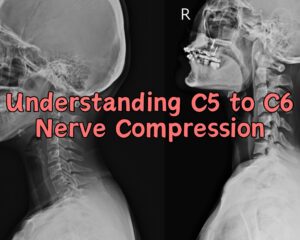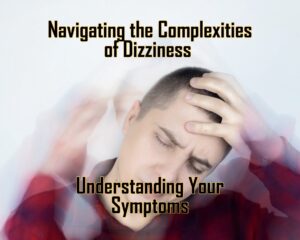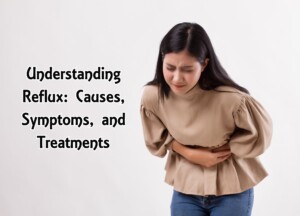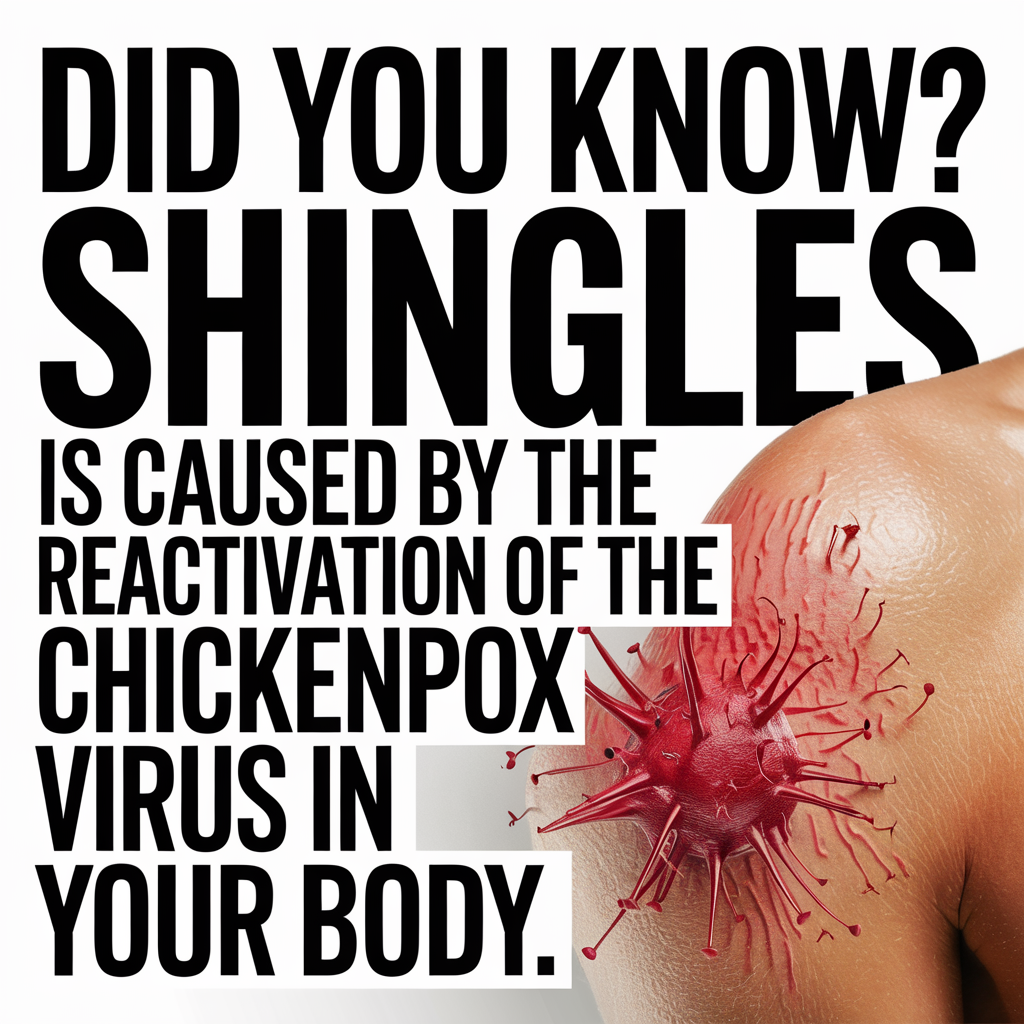
The shingles virus, also known as herpes zoster, is a viral infection caused by the varicella-zoster virus. It typically manifests as a painful rash that can be debilitating and uncomfortable. Understanding the causes, symptoms, and available treatment options for the shingles virus is crucial for prompt and effective management of the condition.
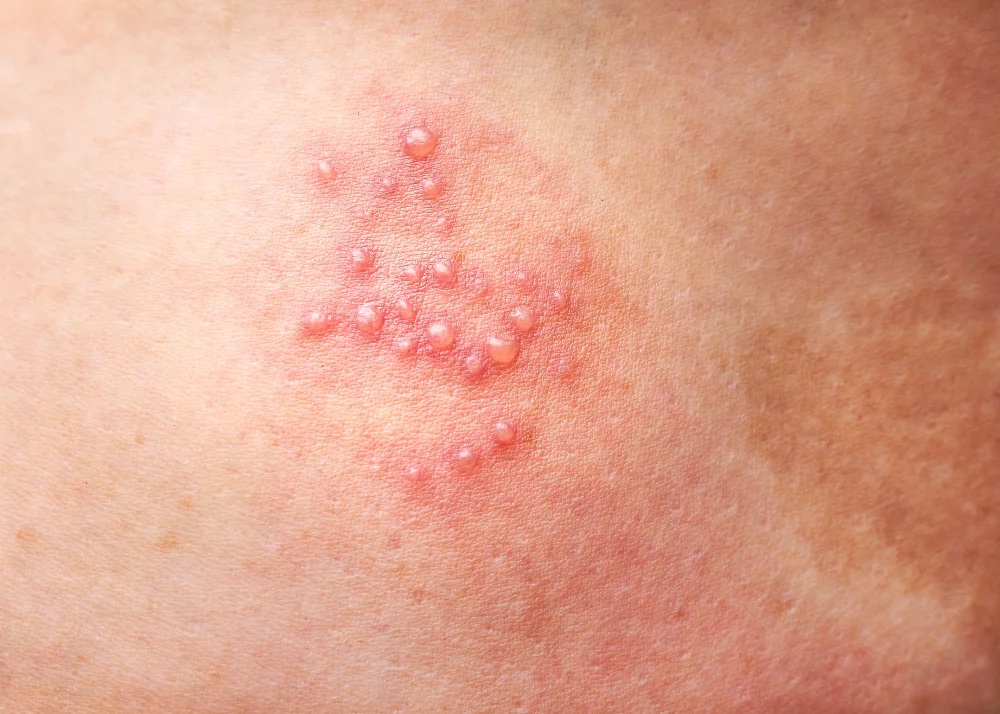
Causes of the Shingles Virus: The shingles virus is caused by the reactivation of the varicella-zoster virus, which remains dormant in the nerve cells after a previous bout of chickenpox. Factors that can trigger the reactivation include a weakened immune system due to age, stress, certain medications, or other underlying health conditions. Direct contact with the fluid from shingles blisters can also transmit the virus to individuals who have never had chickenpox or been vaccinated against it.
Symptoms of the Shingles Virus: The primary symptom of the shingles virus is a painful rash that typically appears as a band or strip on one side of the body, often wrapping around the torso. The rash may develop into fluid-filled blisters that eventually crust over and heal. Alongside the rash, individuals may experience other symptoms such as tingling, itching, burning sensations, and general discomfort. Some individuals may also experience fever, headache, fatigue, and sensitivity to light.
Treatment and Management: If you suspect you have the shingles virus, it is crucial to seek medical attention for a proper diagnosis and guidance on the appropriate treatment options. Antiviral medications, when started early, can help reduce the severity and duration of the infection. Pain medications, topical creams, and antiviral drugs may be prescribed to alleviate symptoms and promote healing. Additionally, keeping the affected area clean, avoiding scratching or picking at the blisters, and practicing good hygiene can help prevent secondary bacterial infections.
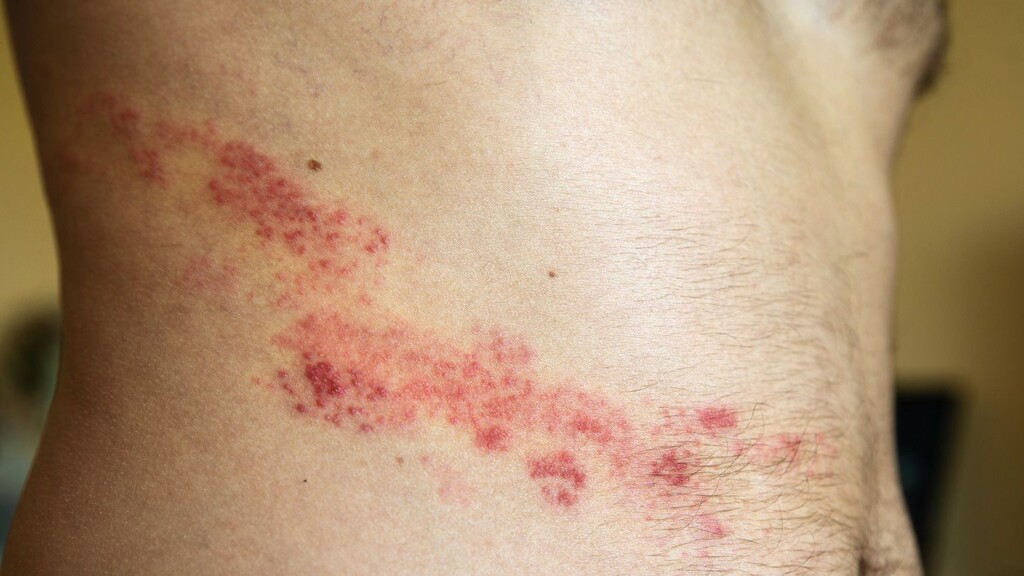
Prevention and Vaccination: Vaccination is the most effective way to prevent the shingles virus. The shingles vaccine, also known as the zoster vaccine, is recommended for individuals aged 50 and older, even if they have previously had shingles. The vaccine helps boost immunity against the varicella-zoster virus, reducing the risk of developing shingles and its complications. It is important to consult with a healthcare professional to determine if you are eligible for the vaccine and to discuss the recommended vaccination schedule.
The shingles virus is a painful and uncomfortable condition caused by the reactivation of the varicella-zoster virus. Understanding its causes, symptoms, and treatment options is vital for timely intervention and effective management. If you suspect you have the shingles virus, seek medical advice promptly to receive a proper diagnosis and appropriate treatment. Vaccination is also recommended to prevent the onset of shingles and its associated complications. By staying informed and taking proactive measures, you can protect yourself and reduce the impact of the shingles virus on your health and well-being.
As an Amazon Associate we earn from qualifying purchases through some links in our articles.

